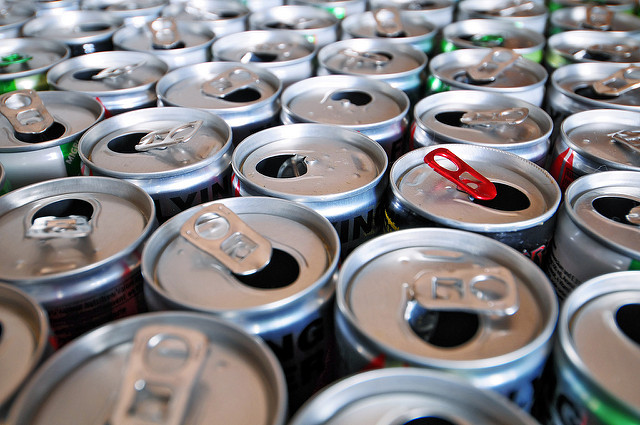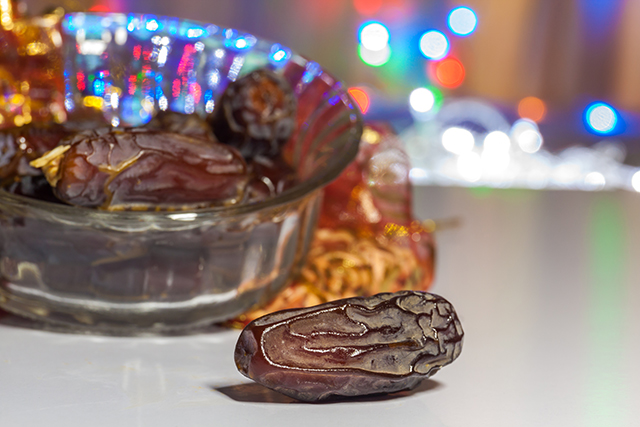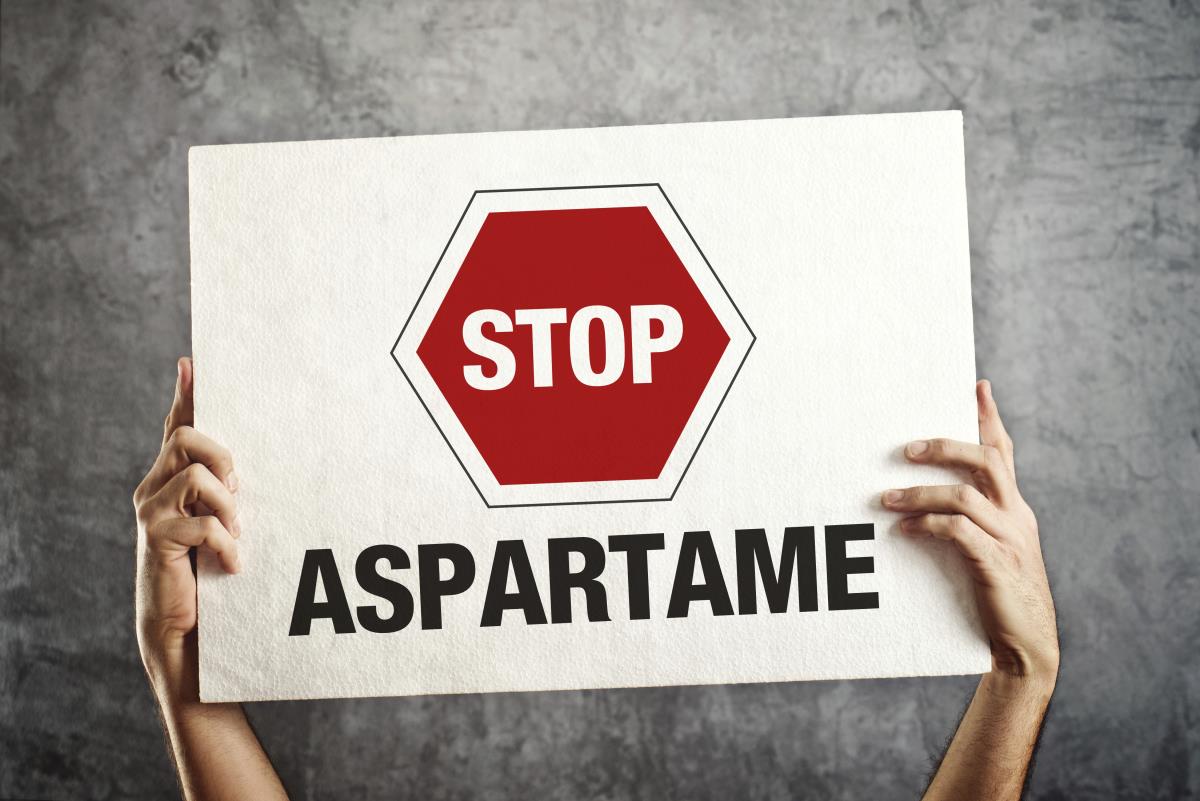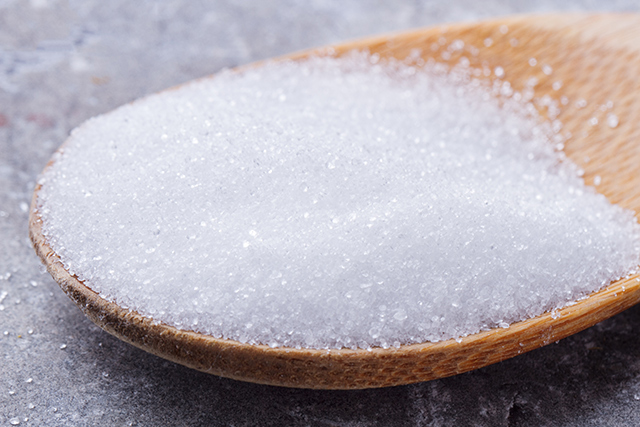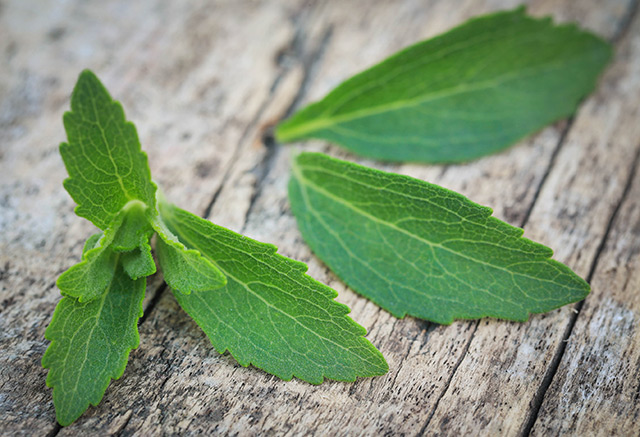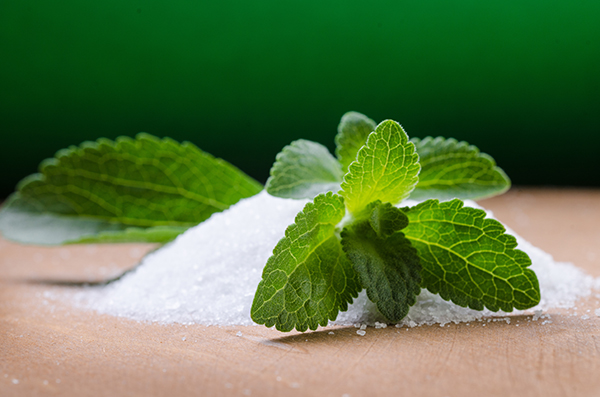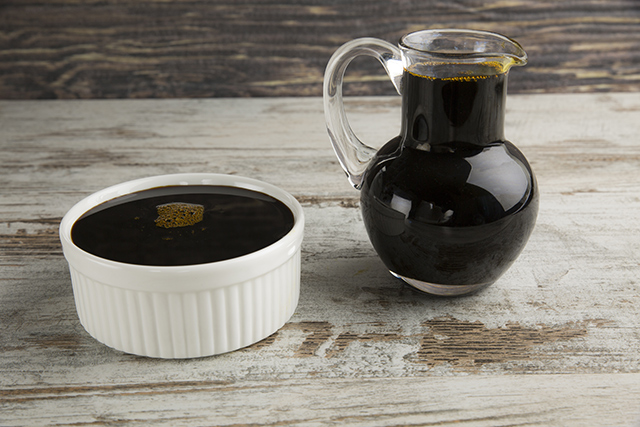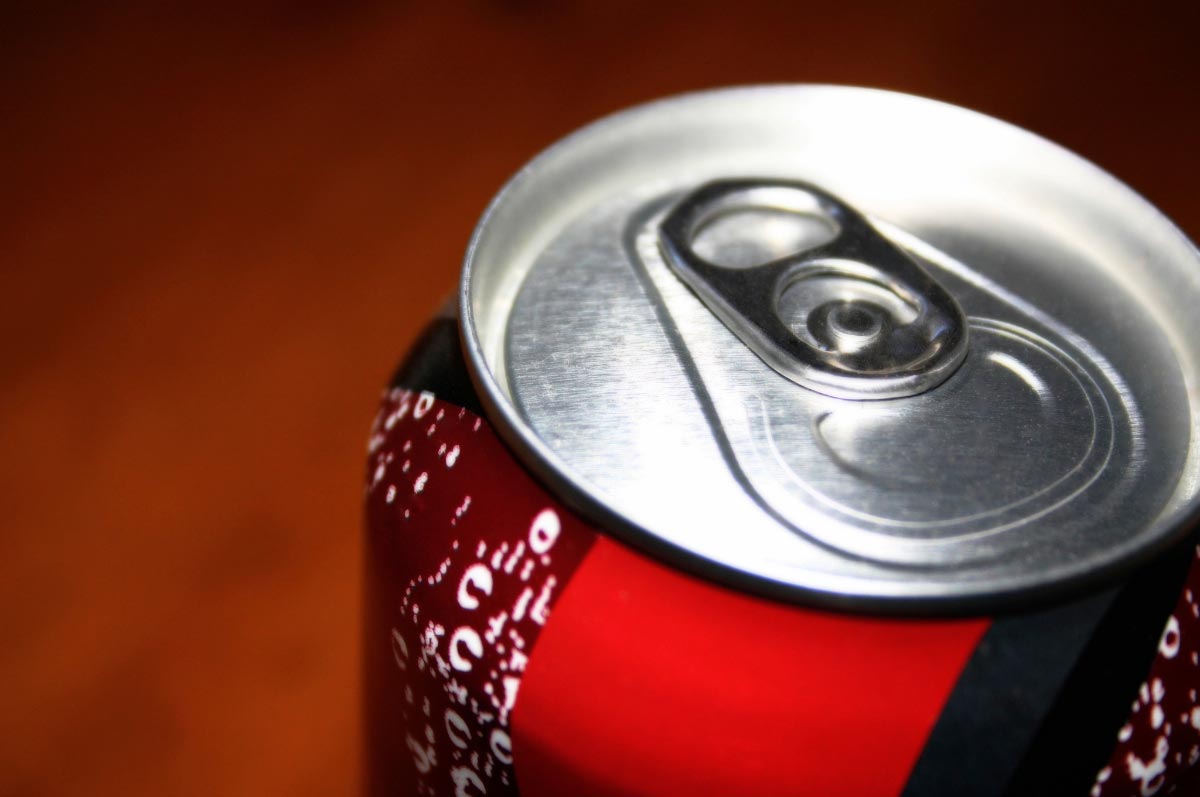Artificial sweeteners linked to 62% faster cognitive decline in adults
09/05/2025 / By Cassie B.

- Artificial sweeteners like aspartame, saccharin, and erythritol are linked to 62% faster cognitive decline—equivalent to 1.6 years of brain aging in just eight years.
- A daily intake of 191 mg (one diet soda) sharpens declines in memory, verbal fluency, and thinking skills, with worse effects in diabetics and people under 60.
- Aspartame breaks down into methanol and formaldehyde, a neurotoxin tied to Alzheimer’s-like symptoms, seizures, and mood disorders.
- Industry groups dismiss risks, but experts warn sugar alcohols like erythritol may increase blood clotting, raising heart attack and stroke risks.
- Safer alternatives include honey, maple syrup, or coconut sugar, but natural sweeteners should still be consumed in moderation.
If you’ve been swapping sugar for artificial sweeteners in the name of health, a new study may make you think twice. Research published in Neurology reveals that high consumption of sweeteners like aspartame, saccharin, and erythritol is linked to 62% faster cognitive decline — equivalent to 1.6 years of brain aging — over just eight years. The findings, based on 12,772 Brazilian adults, suggest that these chemical additives, often marketed as “healthier” alternatives, may be silently eroding memory and thinking skills.
The study, led by Dr. Claudia Kimie Suemoto of the University of São Paulo, found that those consuming the most artificial sweeteners — about 191 mg per day, roughly the amount in one diet soda — experienced sharper declines in verbal fluency, working memory, and overall cognition compared to low consumers. The effect was even worse in people with diabetes and those under 60, raising concerns about long-term brain health.
A toxic trade-off for “zero-calorie” convenience
Artificial sweeteners have long been promoted as a guilt-free way to enjoy sweetness without sugar’s downsides. Yet mounting evidence suggests they may be far more dangerous than previously believed. The Brazilian study adds to a growing body of research linking these chemicals to neurotoxicity, metabolic dysfunction, and even cancer.
For example, aspartame, one of the most widely used sweeteners, metabolizes into methanol and formaldehyde, a known neurotoxin. A 2014 study in the Journal of Alzheimer’s Disease found that chronic methanol exposure caused memory loss and Alzheimer’s-like symptoms in animals. Other research has tied aspartame to seizures, headaches, and mood disorders, including depression and anxiety.
The new findings align with previous warnings from the World Health Organization, which classified aspartame as “possibly carcinogenic” in 2023 — a designation the FDA dismissed. Meanwhile, sugar alcohols like erythritol and xylitol, often used in “keto-friendly” products, have been linked to increased blood clotting risks, potentially raising the likelihood of heart attacks and strokes.
Big Food’s deception: “Safe” sweeteners under fire
Despite these red flags, the $2.2 billion artificial sweetener industry continues to push its products as safe. The International Sweeteners Association (ISA) insists that “leading global health authorities” confirm their safety, while industry groups like the British Soft Drinks Association argue that observational studies don’t prove causation.
But critics, including Dr. Stanley Hazen of the Cleveland Clinic, call the Brazilian study “intriguing and concerning.” Hazen, whose own research linked erythritol to cardiovascular risks, noted: “Studies such as this and ours add to the growing body of data questioning both the long-term safety of artificial or non-nutritive sweeteners – and the designation of GRAS [generally recognized as safe] for these agents.”
The study’s authors urge caution, particularly for diabetics and younger adults, whose brains may be more vulnerable. “People with diabetes are more likely to use artificial sweeteners as sugar substitutes,” Suemoto said, adding that “diabetes itself is already a strong risk factor for cognitive decline.”
While the study didn’t find harm from tagatose, a rare natural sweetener, the researchers suggested exploring honey, maple syrup, or coconut sugar as alternatives. These options, though still high in sugar, lack the neurotoxic and metabolic risks tied to synthetic sweeteners.
For those seeking to protect their brain health, the message is clear: Artificial sweeteners are not a free pass. Whether in diet sodas, sugar-free desserts, or “healthy” snacks, these chemicals may be accelerating cognitive decline, one sip at a time.
Sources for this article include:
Submit a correction >>
Tagged Under:
artificial sweeteners, aspartame, brain function, brain health, cognitive decline, discoveries, erythritol, food science, food supply, health science, ingredients, poison, real investigations, research, saccharin, stop eating poison, toxic chemicals, toxins
This article may contain statements that reflect the opinion of the author
RECENT NEWS & ARTICLES
COPYRIGHT © 2017 SWEETENERS NEWS



